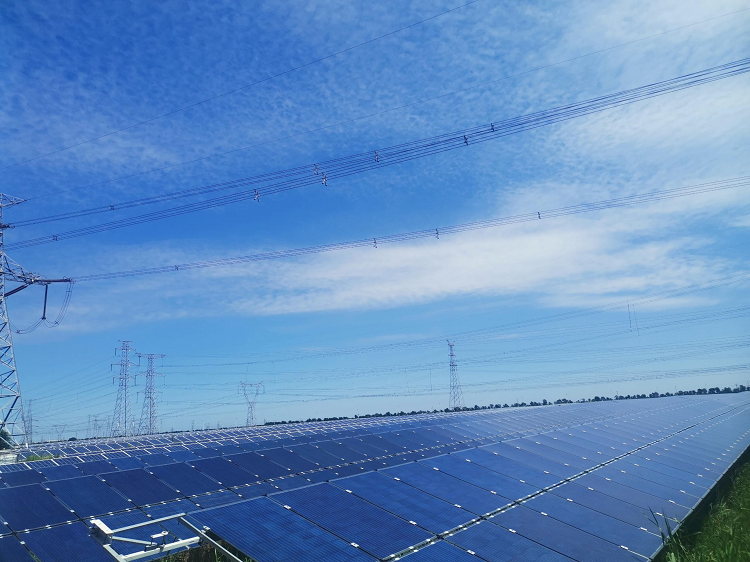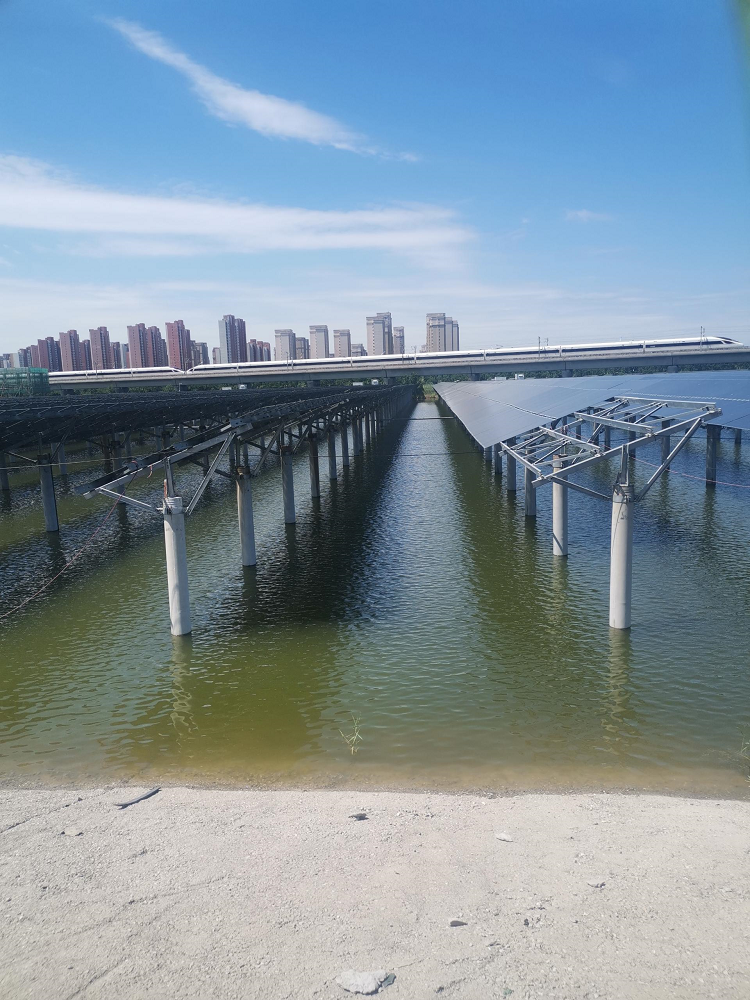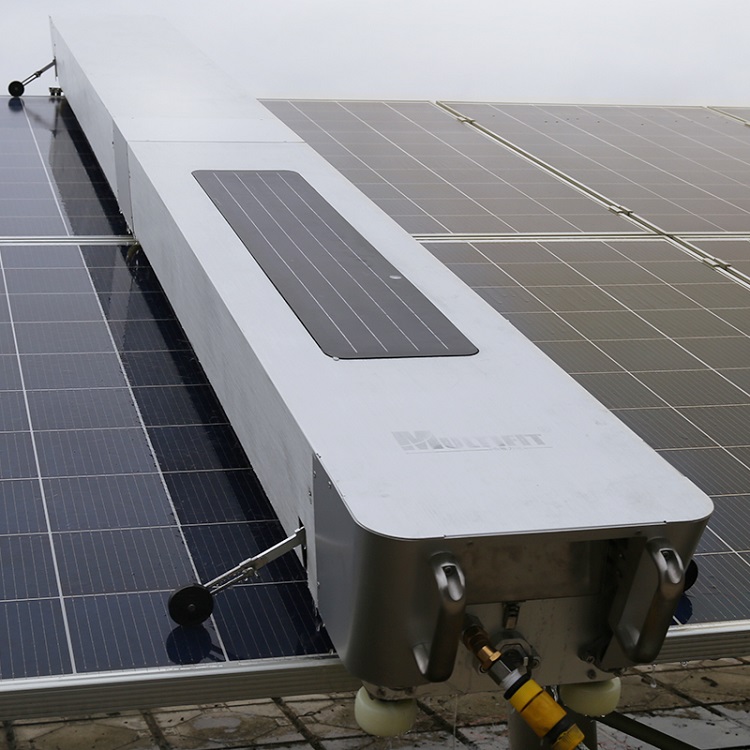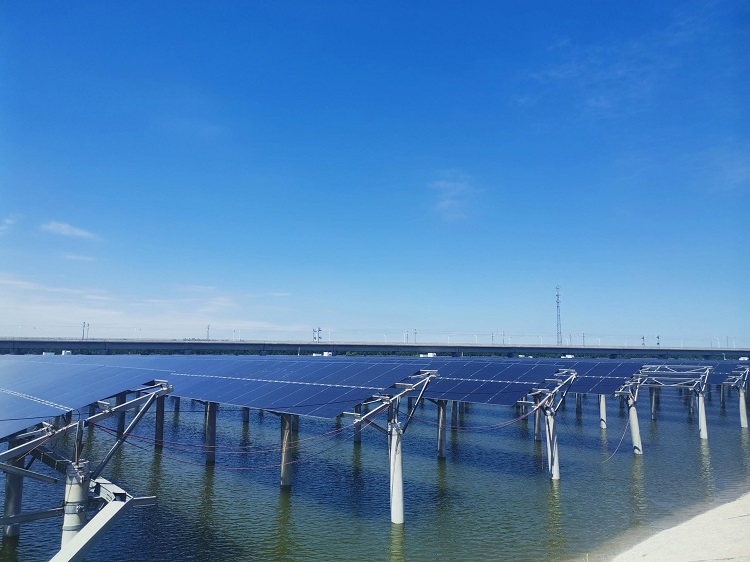With the continuous innovation and breakthrough of technology, in the past ten years, China's photovoltaic industry has made great strides and developed rapidly. Statistics show that in the first half of this year, the country's newly installed photovoltaic power generation capacity was 30.88 million kilowatts. As of the end of June, the cumulative installed capacity of photovoltaic power generation was 336 million kilowatts. China's photovoltaic industry has occupied a leading position in the world. 
China's major enterprises, which hold 80% of the global photovoltaic power generation market share, are still competing to invest in increasing production. Not only are countries’ pledges to carbon neutrality spurring a surge in demand in the PV industry, but new products with higher power generation efficiency are also on the verge of mass production. The additional capacity planned and under construction is equivalent to 340 new nuclear reactors per year. Photovoltaic power generation is a typical equipment industry. The larger the production scale, the lower the cost. LONGi Green Energy, the world's largest manufacturer of monocrystalline silicon wafers and modules, has invested a total of more than 10 billion yuan to build new factories in four places including Jiaxing, Zhejiang. In June this year, Trina Solar, which is building new plants in Jiangsu and other places, announced that its plant in Qinghai with an annual output of 10 gigawatts of cells and 10 gigawatts of modules has broken ground and is expected to be completed by the end of 2025. By the end of 2021, China's total installed power generation capacity is 2,377 GW, of which the installed capacity of grid-connected solar power is 307 GW. By the time the planned and under-construction new plant is completed, annual solar panel shipments will already exceed 2021 installed power generation capacity.

However, the photovoltaic industry is indeed a good news. The International Energy Agency predicts that by 2050, photovoltaic power generation will account for 33% of the total global power generation, second only to wind power generation.
The China Photovoltaic Industry Association announced in February that by 2025, the world's newly installed photovoltaic power generation capacity is expected to exceed 300 gigawatts, of which more than 30% will come from China. Chinese companies, which account for 80% of the global market share, will benefit a lot as demand at home and abroad is likely to surge.
 For the rapid development and construction of the photovoltaic industry, the clean operation and maintenance of the power station is the top priority in the later stage. Dust, silt, dirt, bird droppings, and hot spot effects can cause power station fires, reduce power generation, and bring fire hazards to the power station. cause the component to catch fire. Now the common cleaning methods of photovoltaic panels are: manual cleaning, cleaning vehicle + manual operation, robot + manual operation. The labor efficiency is low and the cost is high. The cleaning vehicle has high requirements for the site, and the mountain and water cannot be cleaned. The robot is convenient and fast. The fully automatic remote control photovoltaic panel cleaning robot can clean the dirt in time every day, and the power generation efficiency is close to 100%; increase The power generation can recover the investment, not only save the cleaning cost in the future, but also greatly increase the power generation! 
|

 6 Keji west road. Hi-Tech Zone Shantou City, GuangDong,China
6 Keji west road. Hi-Tech Zone Shantou City, GuangDong,China +86-0754-81888658
+86-0754-81888658 multifit@multifitele.com
multifit@multifitele.com